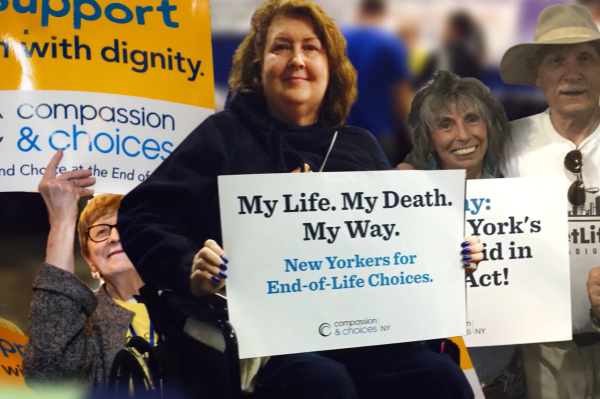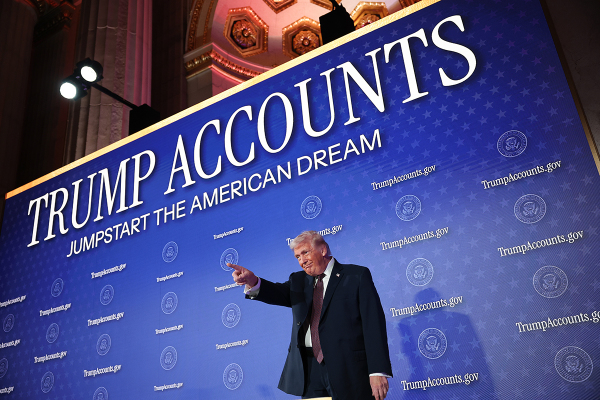White Evangelicals among the best religious groups at retaining members as 'nones' grow: study

Among faith groups in the United States, white Evangelical Christians are one of the best at retaining members even as the share of Americans who are religiously unaffiliated continues to grow, according to a new survey.
The nonprofit research organization Public Religion Research Institute released the report on Wednesday titled "Religious Change in America," which charted several trends among faith groups in the U.S.
Data for the report came from a survey PRRI conducted online of 5,627 adults in the U.S. from Nov. 16 to Dec. 7, 2023, with a margin of error of +/- 1.79 percentage points at the 95% confidence level.
While the report found that nearly one in five Americans (18%) left a religious tradition in 2023 and became religiously unaffiliated, white Evangelicals "have one of the highest retention rates of all religious groups," retaining 76% of their members in 2023.
This was an improvement compared to 2016, when white Evangelicals were only keeping 66% of their members in the fold, with the report noting that the "net loss of members among white evangelical Protestants has declined."
The religious groups that did the best at retaining members were black Protestants (82%) and Jewish Americans (77%), while white mainline Protestants "continue losing more members than they replace and at higher rates than other Protestants."
Catholics continue to lose more members than they gain, with the retention rate for Hispanic Catholics (68%) being slightly higher than white Catholics (62%).
PRRI also found that 26% of Americans identified as religiously unaffiliated in 2023, an increase from the 21% reported in 2013. The religiously unaffiliated was the "only major religious category experiencing growth," according to PRRI.
Among Americans who left a religious tradition to become unaffiliated, 35% were former Catholics; another 35% were mainline Protestants.
"After observing the growth of unaffiliated Americans for decades, our survey confirms that this trend is not slowing," PRRI CEO Melissa Deckman said in a statement. "While most Americans are still religious, the ranks of the unaffiliated will continue to swell with both Americans who leave their religion — increasingly because of religious teachings about LGBTQ people — as well as those who are now being raised in religiously unaffiliated households."
Sixty-seven percent of Americans who became religiously unaffiliated said they did so because they stopped believing their faith's teachings, while 47% cited "negative teaching about or treatment of gay and lesbian people as an important factor."
In recent years, there has been much debate over whether the decline in white Evangelical Americans was accelerating due to various factors, including media portrayals of white Evangelicals overwhelmingly supporting President Donald Trump.
In 2016, PRRI Executive Director Robert P. Jones released a book titled The End of White Christian America, in which he argued that white Christians in the U.S. "steadily lost influence, following declines within both its mainline and evangelical branches."
"Today, America is no longer demographically or culturally a majority white, Christian nation," noted the book's synopsis. "Looking ahead, Jones forecasts the ways that they might adjust to find their place in the new America — and the consequences for us all if they don't."
In 2021, the Pew Research Center released a report finding that the percentage of white Americans who identified as born-again or evangelical during the Trump administration increased.
Using Pew's American Trends Panel, the researchers found that the number of surveyed white adults who identified as Evangelical or born-again went from 25% in 2016 to 29% in 2020.
The 2021 survey also found that while 2% of surveyed white adults had stopped identifying as Evangelical from 2016 to 2020, 6% began identifying as Evangelical during the same period.





















